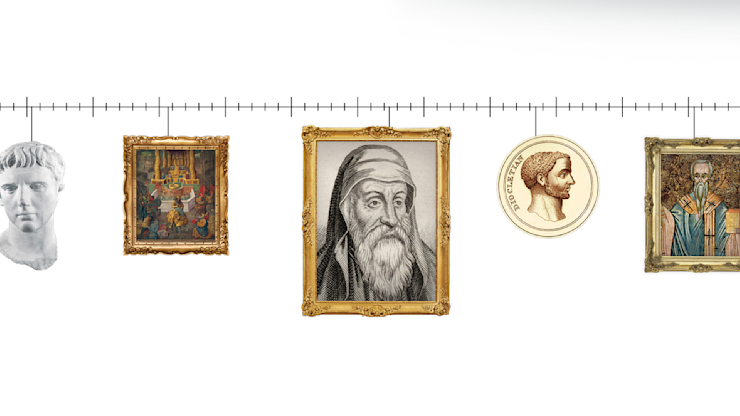The Enlightenment

1 Min Read
In this brief clip from his teaching series A Survey of Church History, W. Robert Godfrey examines how some sought to reconcile the Christian faith with modern thought.
Transcript
In 1695, for example, the great political thinker John Locke wrote a work entitled The Reasonableness of Christianity. In that, he was claiming to defend Christianity, but also to talk about how reason can lead us to many of the conclusions that Christianity comes to. Those reasonable parts of Christianity can unite us all on a political as well as a cultural level. He was responded to in the next year by John Toland, a deist who wrote a work in 1696 titled Christianity Not Mysterious. There, he was basically arguing that the really important part of Christianity is the part we could learn by reason without revelation, that we don't really need revelation, we don't really need the Bible, but Christianity in its principles is so humane and so reasonable that we can come to those principles largely on our own. What we see happening here is a movement away from biblical religion in the direction of a kind of humanism, a kind of appeal to humanity and increasingly moving towards the notion that man is the measure of all things, that it's human beings, without revelation from God, who can arrive at the fundamental ethics that need to bind us all together. There was continuing debate as to the value of the Bible. Some people said it's valuable but not necessary, or it's necessary to fill in some aspects of religion, but not necessary for the foundations of society. A whole new world of discourse is taking place, and it would lead on in the 18th century to a movement that has been known to history as the Enlightenment.